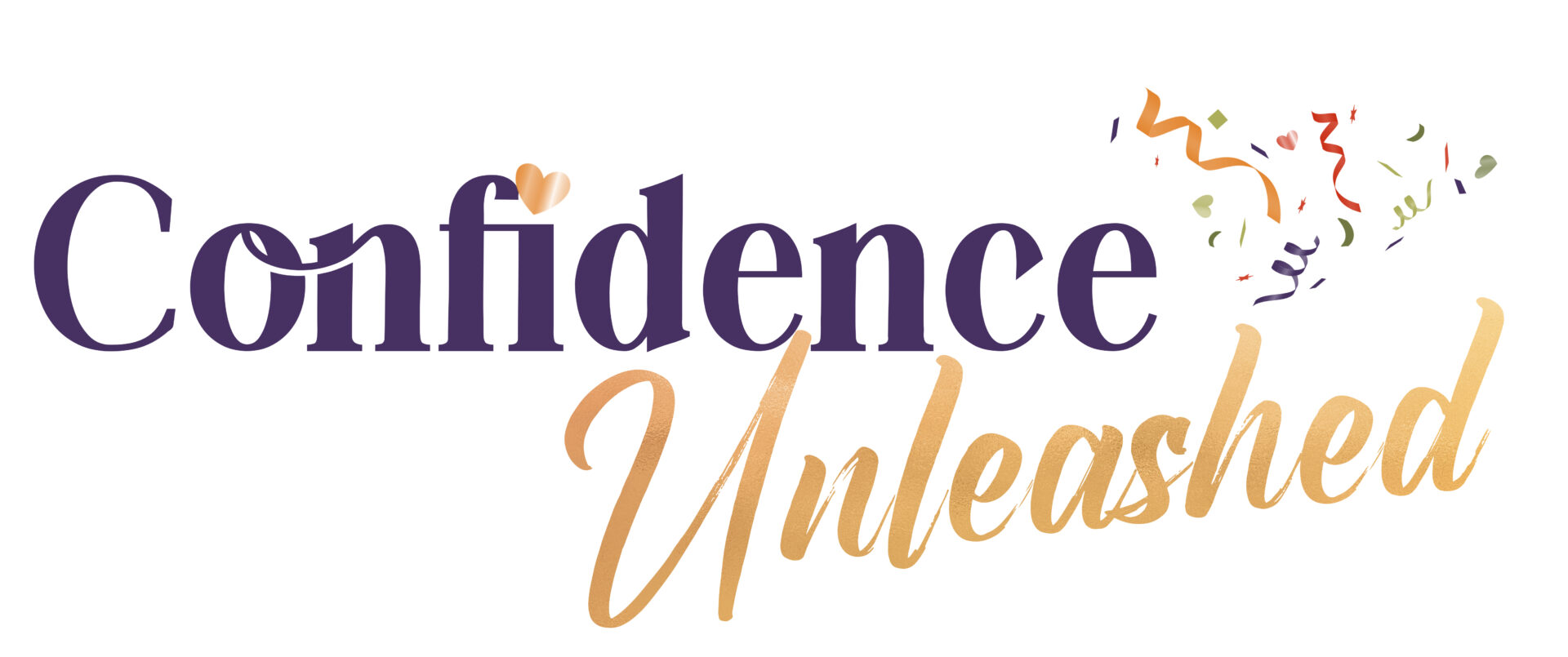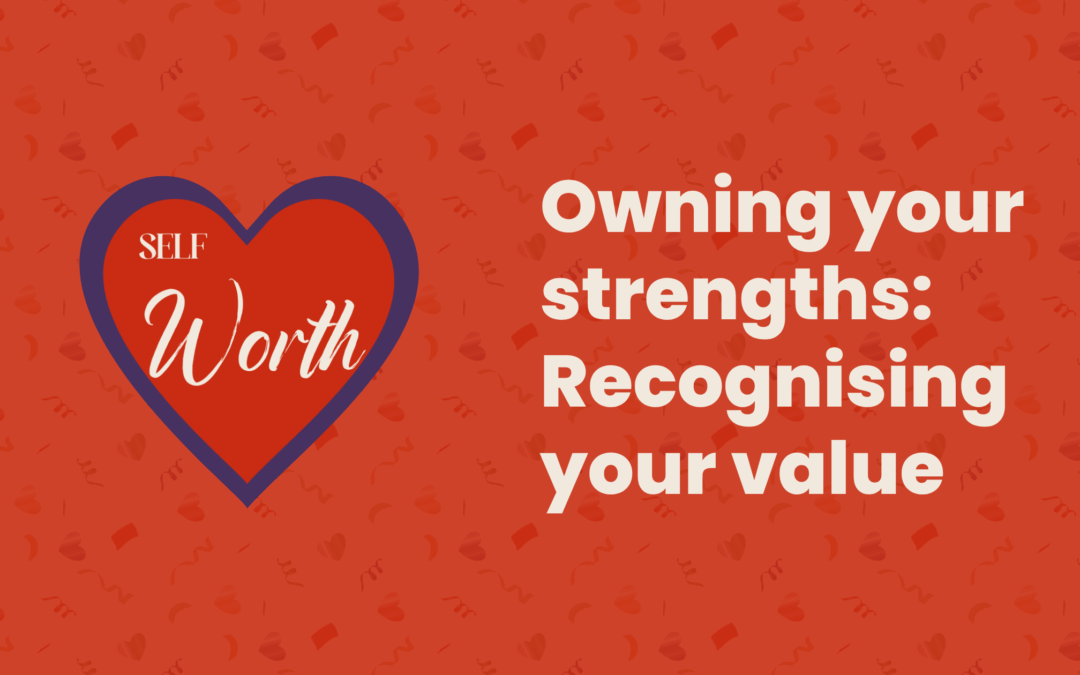Brushing off a compliment seems to come easily to a lot of us. As does downplaying our achievements, or staying quiet because we’re not sure if people really want to hear what we’ve got to say.
When you get to “midlife”, you’ve already spent years putting others first. Let’s be honest, as women it’s how we’ve been conditioned. Whether it’s raising a family, building a career, managing the household, or ‘having it all’ – it’s what most of us were taught “grown-ups” do.
But now, having done that for so long, it can be completely natural to question your own value. Perhaps it feels like you’re everyone else’s skivvy. That they look to you to get things done, even if they could do it themselves. And it’s become the status quo. You’re so good, or perhaps accommodating, at supporting other people, you’re way down the list of priorities.
And with that may come a sense of not knowing who you are anymore. Of not really knowing where you’re going or what you want to achieve in the future. Perhaps not recognising just how much you have achieved and the value of all those achievements.
This isn’t about value to other people. It’s also not about ego or arrogance. It’s about self-worth – a deep unshakable belief that you are valuable, not because of what you do, but because of who you are.
Why self-worth matters
When your sense of self-worth is strong, it shows. You:
-
speak up with clarity and conviction
-
set and maintain healthy boundaries without feeling guilty
-
go after what you want, without waiting for permission
But when your self-worth is shaky, it can manifest as people-pleasing, overworking, constant self-doubt, or settling for less than you deserve.
And here’s the key: Self-worth isn’t about comparison or competition. It’s about recognising your inherent value – your unique strengths, your lived experiences, your voice.
So, how can you start to re-connect with your self-worth?
Step 1: Identify your strengths
Many of us are conditioned to notice our flaws more quickly than our gifts. That’s why this step is so important.
Take a moment and ask yourself:
-
What accomplishments (big or small) am I genuinely proud of?
-
When do I feel most fulfilled? What am I doing at those times?
-
What do I get asked to help with most often?
List down everything that comes to mind, and then highlight your top five strengths. These could be in the context of personal, professional, or creative.
Think of these as your confidence anchors. Come back to them whenever self-doubt creeps in.
Step 2: Make peace with change
Sometimes we forget how far we’ve come. One powerful way to reconnect with your self-worth is to look back on your journey with fresh eyes.
Think about a:
-
challenge you overcame when it felt impossible
-
time you made a big, perhaps gutsy, decision that changed your life
-
moment when you showed up for something or someone you believed in, in spite of all the emotions you were feeling
Each of these is evidence of just how much you’ve achieved and why you should proudly own your space in the world.
Step 3: Practice receiving
One of the things I often encourage my clients to do is practise saying “Thank you” when they receive a compliment, and stop there.
No qualifying it, or downplaying it. Just acceptance.
The next time someone compliments your work, your outfit, your energy -resist the urge to deflect or explain. Just receive it. Fully.
This practice retrains your brain to accept positive feedback as truth rather than suspicion. It also helps normalise the belief that you are worthy of recognition, love, and appreciation.
Step 4: Stop connecting your worth to output
This one is tough. In the world of work that we entered, many of us were raised to believe our value comes from what we produce, how much we produce, and how efficiently we do it.
But you are not a productivity machine.
Your worth exists even on days when you:
-
Don’t tick anything off your to-do list
-
Need to rest instead of being on the go
-
Say “no” instead of “yes”
Remember: Your self-worth is not something to be earned – it’s intrinsic. You were born with it. And you never lost it.
Step 5: Affirm the truth
Let’s end with a few affirmations you can speak (or write) each day:
-
“I am worthy of love, respect, and joy exactly as I am.”
-
“My strengths make a difference in the world around me.”
-
“I own my story, my voice, and my value.”
They may feel unfamiliar at first, but keep repeating them. In time, they’ll become the new normal.
Why this matters right now
When you truly own your value, the world reflects it back to you. You don’t have to earn your worth – you just have to remember it.
Journalling Question: What are your top five strengths that YOU value, and how do they contribute to your success?
Spend some time reflecting on these strengths and exploring how they’ve shaped your personal and professional life.

